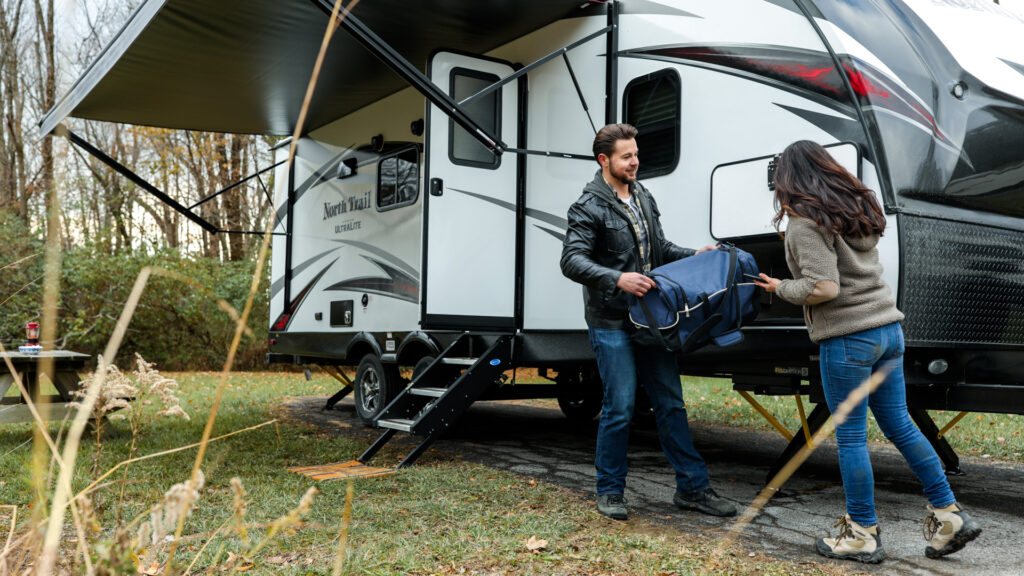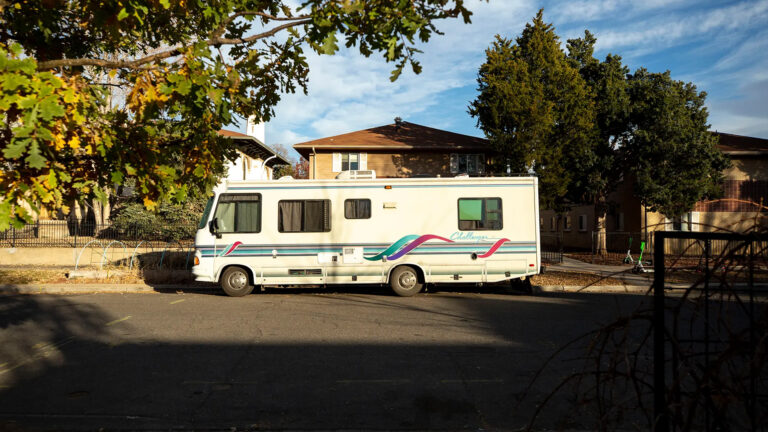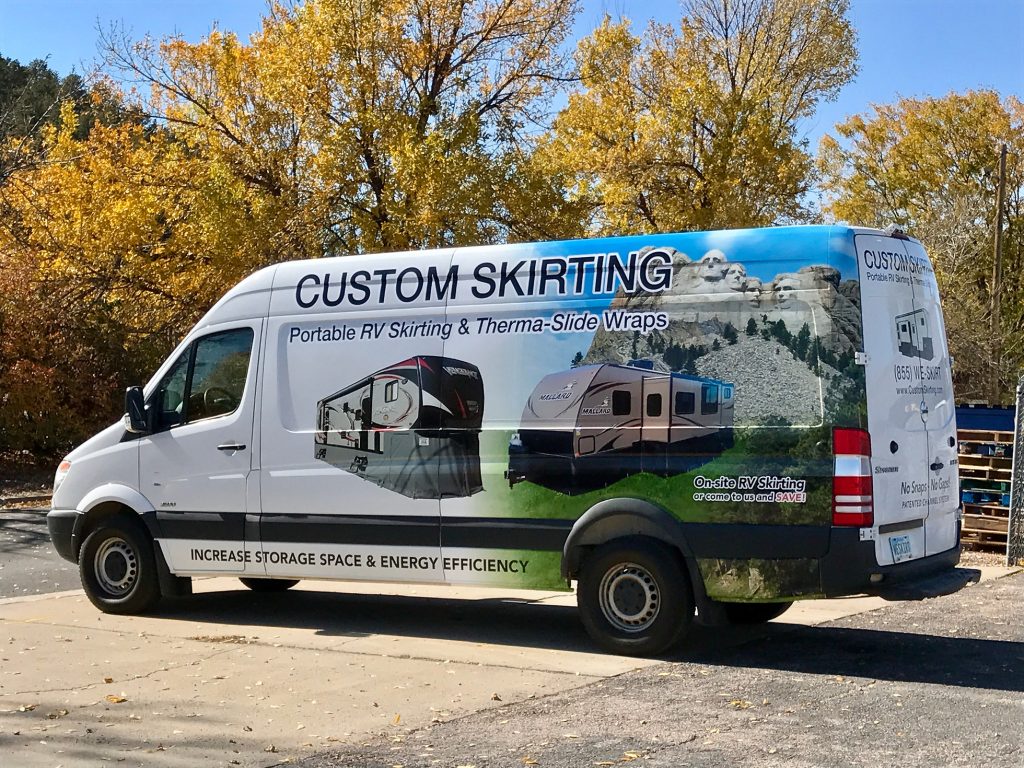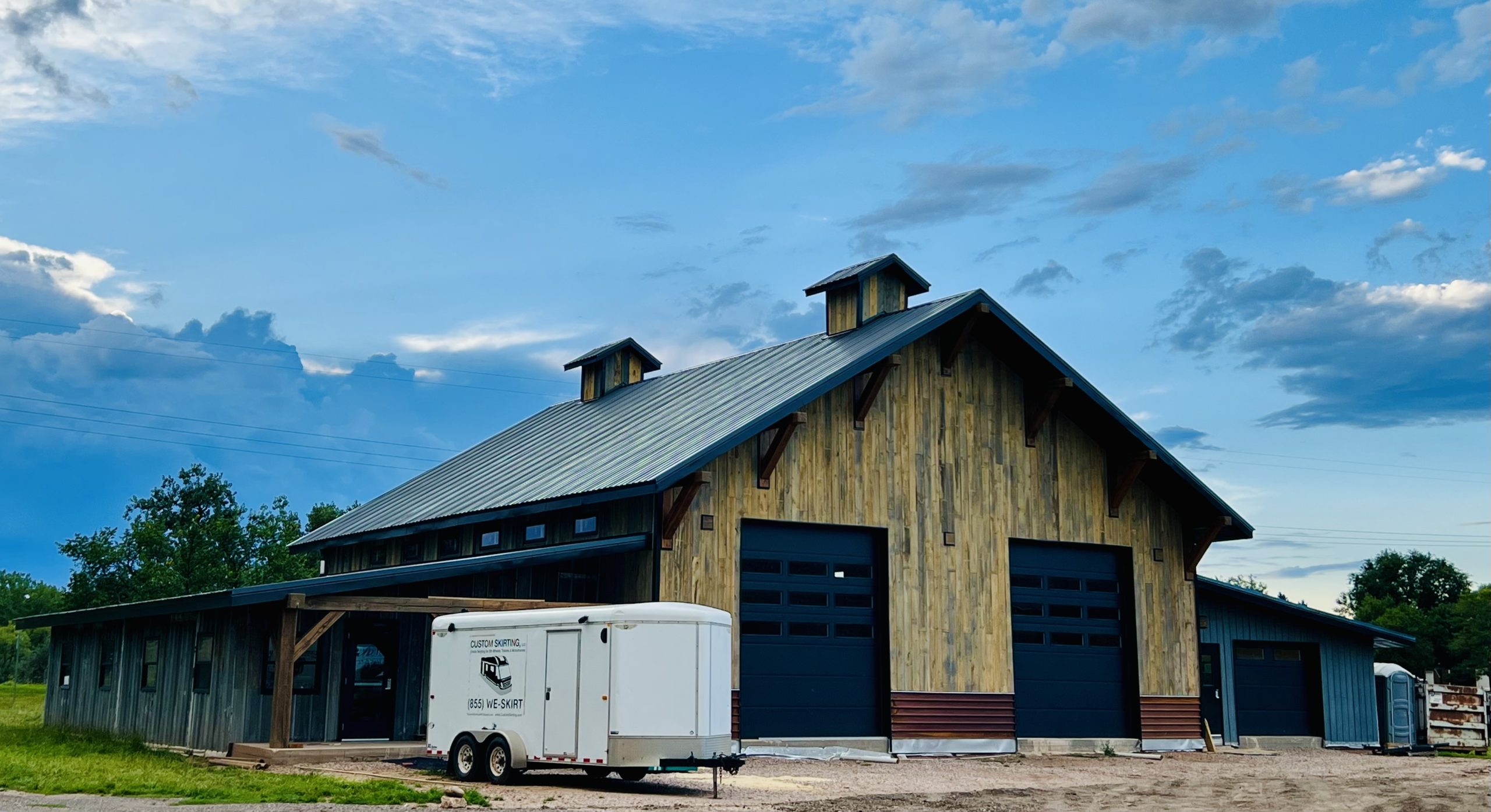Table of contents
- Understanding RV Living Regulations
- Top RV-Friendly States for Living on Your Property
- States with Stricter RV Living Regulations
- Factors to Consider When Living in an RV on Your Property
- Legal and Financial Considerations
- Pros and Cons of Living in an RV on Your Property
- Your Perfect Base for RV Living Adventures
- Related Articles
As more people seek alternative lifestyles, living in an RV full-time on your own land has become an increasingly popular option. The flexibility, reduced costs, and sense of freedom it offers are undeniable. However, if you’re considering this lifestyle, understanding the legal landscape is crucial. What states allow you to live in an RV on your property? And why is living in an RV illegal in some places? This guide will answer these questions and explore how long you can live in an RV on your own land, while also providing insights into RV-friendly states and those with stricter regulations.
Understanding RV Living Regulations
Living in an RV full-time on your own land might seem like the perfect escape from conventional living, but it’s not as straightforward as it appears. Various factors influence the legality of RV living, including zoning laws, property rights, and local ordinances. In many places, living in an RV full-time on your own land is treated differently from using an RV as a temporary dwelling. Zoning laws are particularly important; they dictate what kind of structures can be placed on a property and for how long. If you’re wondering what states allow you to live in an RV on your property, you’ll find that some areas permit RVs as temporary structures but not as permanent residences, which is a significant consideration if you’re planning on making your RV your main home. Understanding why living in an RV is illegal in some areas is often tied to concerns about sanitation, property values, and neighborhood aesthetics. Before committing to this lifestyle, it’s essential to research both state and local regulations to avoid fines or other legal issues.
Top RV-Friendly States for Living on Your Property
Certain states are more accommodating when it comes to living in an RV on your property. If you’re wondering what states allow you to live in an RV on your property, these states often have more lenient zoning laws and a greater acceptance of alternative living arrangements. Below are some of the top RV-friendly states to consider.
Texas
Texas is known for its lenient regulations, especially in rural areas where living in an RV full-time on your own land is often permitted. However, zoning laws can vary significantly between counties, so it’s important to check local ordinances. The warm climate and low cost of living make Texas an attractive option for RVers.
Florida
Florida is another state where living in an RV on your own land is relatively easy. Many areas in Florida are zoned for mobile homes and RVs, and the state’s mild winters make it a year-round option. However, be aware of hurricane risks and the need for proper anchoring.
Arizona
Arizona is ideal for those who enjoy a desert climate. The state has a strong community of full-time RVers and many areas where you can live in an RV on your own land without much hassle. Again, local zoning laws apply, so it’s essential to verify them before setting up camp.
Colorado
Colorado offers beautiful landscapes and a laid-back attitude toward RV living. In many rural areas, living in an RV full-time on your own land is allowed, especially if you have the proper utility hookups and waste management systems in place.
Oregon
Oregon is known for its progressive laws, and this extends to RV living. The state allows you to live in an RV on your own land in many areas, particularly outside of urban centers. Oregon’s temperate climate and stunning natural scenery make it a desirable location for RV dwellers.
Nevada
Nevada’s wide-open spaces and minimal government intervention make it an RV-friendly state. Whether in a rural or semi-rural area, living in an RV on your own land is generally permitted as long as you comply with local regulations.
New Mexico
New Mexico is another state with a strong tradition of RV living. In many parts of the state, you can live in an RV on your own land without much interference from local authorities, particularly in rural areas.
South Dakota
South Dakota is often chosen by full-time RVers due to its friendly tax laws and lenient regulations. The state has a simplified vehicle registration process, and many areas allow living in an RV full-time on your own land.
North Carolina
North Carolina offers a mix of mountain and coastal living, and in many rural parts of the state, you can live in an RV on your own land. However, zoning laws can be stricter in more populated areas, so careful research is necessary.
Montana
Montana’s vast landscapes and low population density make it an ideal state for living in an RV full-time on your own land. The state has a history of lenient property laws, but as always, checking local zoning laws is crucial.
States with Stricter RV Living Regulations
While some states are friendly to RV living, others have stricter regulations that make it difficult to live in an RV on your own land. These states, where what states allow you to live in an RV on your property is a key concern, often have tighter zoning laws, higher property values, and stricter building codes.
California
California is known for its stringent building codes and high property values, making living in an RV full-time on your own land challenging. Many counties have specific regulations that prohibit RVs as permanent dwellings.
New York
New York’s strict zoning laws and high population density make it difficult to live in an RV on your own land legally. In many areas, RVs are only allowed for temporary use, and living in one full-time can result in fines or legal action.
Massachusetts
Massachusetts has some of the toughest zoning laws in the country. Living in an RV full-time on your own land is generally not allowed unless you’re in a rural area with more relaxed regulations.
Washington
Washington state has mixed regulations depending on the county. While some rural areas might allow you to live in an RV on your own land, more populated areas typically have strict zoning laws that make full-time RV living difficult.
Factors to Consider When Living in an RV on Your Property

When planning to live in an RV on your own land, several practical considerations need to be addressed to ensure a comfortable and legal living situation.
Utility Connections
Proper utility connections are essential for living in an RV full-time on your own land. You’ll need access to electricity, clean water, and sewage disposal. Some areas might require you to install a septic tank or connect to the local sewer system.
Sewage and Waste Management
Managing sewage and waste is a critical issue for long-term RV living. Without proper disposal systems, you could face health hazards and legal issues. Ensure your RV is equipped with an appropriate waste management system.
Weather and Climate Considerations
The climate of your chosen location can significantly impact your RV living experience. Extreme temperatures, whether hot or cold, require specific preparations, such as insulation, heating, or air conditioning.
Property Size and Zoning Requirements
The size of your property and its zoning designation will determine whether you can live in an RV on your own land legally. Larger properties in rural areas are generally more permissive, while urban properties may have strict zoning laws.
Neighborhood Regulations and HOA Rules
Homeowners associations (HOAs) and neighborhood regulations can also impact your ability to live in an RV on your own land. Always check for any covenants or restrictions that might apply to your property.
Legal and Financial Considerations
Living in an RV on your property involves several legal and financial factors, including understanding why living in an RV is illegal in some areas, that you should consider before making the transition.
Property Taxes and Assessment
Depending on your location, living in an RV full-time on your own land might affect your property taxes. Some areas may assess your property differently if it’s used as a primary residence, which can lead to questions about why is living in an RV illegal in certain places.
Insurance Requirements
Insurance is another important consideration. Standard RV insurance might not cover you if you live in an RV full-time on your own land. You may need to look into specialized insurance policies that cover full-time RV living.
Vehicle Registration and Licensing
If your RV is considered a permanent dwelling, you may need to reclassify it with the DMV. Additionally, vehicle registration and licensing requirements can vary, so ensure you’re compliant with state laws.
Establishing Residency and Mailing Address
Living in an RV on your property can complicate establishing residency and receiving mail. Consider how you’ll manage these aspects to ensure you remain legally recognized as a resident of your state.
Pros and Cons of Living in an RV on Your Property

Like any lifestyle choice, living in an RV full-time on your own land comes with its advantages and disadvantages.
Advantages
- Flexibility: You can move your home if needed.
- Cost Savings: Typically, lower living expenses compared to traditional housing.
- Simplicity: A minimalist lifestyle can reduce stress and materialism.
Disadvantages
- Legal Challenges: Navigating complex regulations can be time-consuming and frustrating.
- Limited Space: Living in a confined space can be challenging, especially for families.
- Weather Dependence: Your living situation is more vulnerable to extreme weather conditions.
Your Perfect Base for RV Living Adventures
After exploring the regulations and logistics of living in an RV on your own land, why not take a break and experience the RV lifestyle with us? Located just 5 minutes from Rapid City, Black Hawk Creek RV Park & Cabins offers the perfect home base for your next adventure. Our cozy cabins and spacious RV spots ensure a comfortable stay, whether you’re here for a week or planning a longer journey. Reserve your spot today, and let us be your home away from home on your RV journey!






